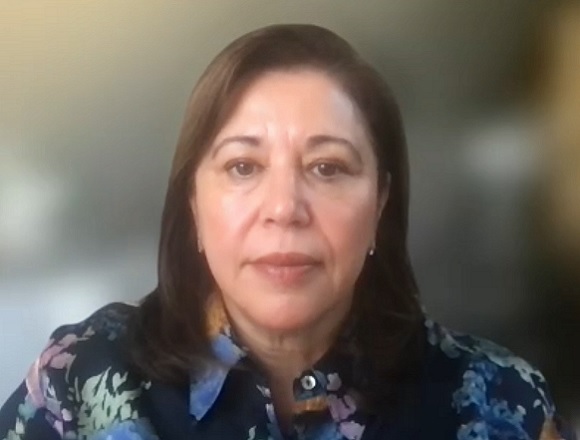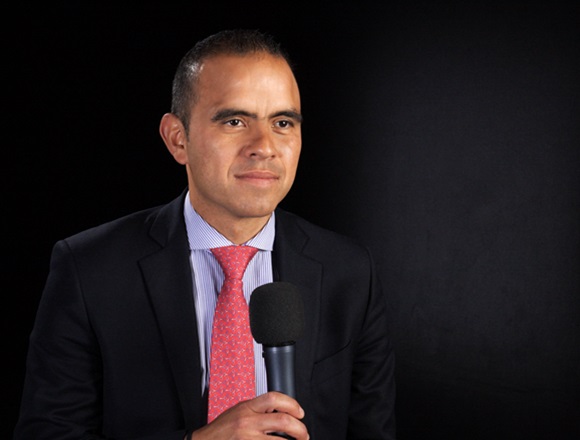René Rodríguez-Gutiérrez, MD, is a professor of medicine at the Autonomous University of Nuevo León in Mexico and associate professor at Mayo Clinic, USA. His research interests include insulin resistance and glycemic control in type 2 diabetes.
Why is it important to monitor serum potassium and supplement potassium in patients treated for diabetic ketoacidosis (DKA)?
René Rodríguez-Gutiérrez, MD: As you all know, potassium is one of the mainstays of treatment in DKA. What happens is that when we have DKA, pretty much [often] we have falsely elevated potassium [levels]. Once we start treating DKA with insulin and the pH becomes less acidic, then potassium can go pretty low and we can [put the patient at risk, even threatening their life], right? So, it’s important when we start the insulin drip to have this potassium infusion at the same time just to ameliorate the risk of hypokalemia and potentially that the patient's [condition] can be life threatening.
 English
English
 Español
Español
 українська
українська








